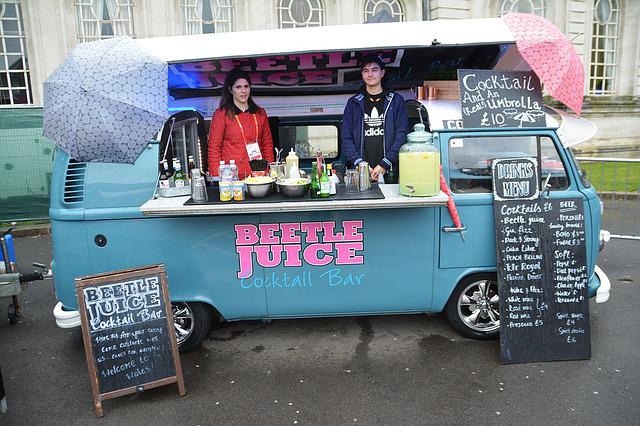Starting a food business is an exciting journey for anyone passionate about cuisine and entrepreneurship. Whether you’re dreaming of launching a vegan sauce line like NONA Vegan or eyeing the bustling market of artisanal baked goods, the path from concept to launch is filled with opportunities and challenges. Drawing inspiration from a comprehensive guide on starting an online food business, let’s delve into crucial steps and add an often-overlooked aspect: securing food business insurance.
Finding Your Niche
Your culinary venture begins with identifying a niche that resonates with your passions and market needs. Kailey, the founder of NONA Vegan, turned her longing for cherished moments with her mother into a thriving business focused on vegan Italian sauces. Whether you’re drawn to a specific cuisine, dietary need, or sustainability, pinpointing your niche is the first step towards differentiation in a crowded market.
Competitive Research and Market Gaps
Understanding your competition and the existing market is vital. By analyzing direct and indirect competitors, you can identify market gaps and refine your offerings to stand out. Remember, a thriving competition can signal a robust market opportunity for your venture.
Sourcing Ingredients and Supplier Relationships
The foundation of any food business lies in the quality of its ingredients. Establishing a transparent and ethical supply chain ensures your product’s integrity and aligns with consumer expectations for sustainability and health. Building strong relationships with suppliers can also lead to better pricing and product quality.
Production and Selling Platforms
Deciding where and how to produce your food product is crucial. Options range from home-based setups, which are more manageable and cost-effective for small batch producers, to commercial kitchens for larger operations. Each choice comes with its regulatory considerations, so it’s essential to understand the legal requirements in your region.
Branding, Packaging, and Labeling
In the food industry, your product’s branding, packaging, and labeling play a significant role in attracting customers. Since consumers can’t taste online listings, your brand’s visual elements must communicate the quality and appeal of your offerings. Adherence to labeling regulations is also crucial to ensure consumer safety and trust.
Understanding Costs and Pricing
Starting a food business can vary significantly in cost, influenced by your production model and scale. It’s crucial to know your costs inside and out to price your products effectively. This means considering current costs without relying on future price reductions and ensuring your pricing strategy accommodates all potential sales channels.
Navigating Through COVID-19 and Beyond
The pandemic has underscored the importance of flexibility and online presence for food businesses. With shifts from dining out to ordering in, having a robust online strategy can help you reach a broader audience and adapt to changing consumer behaviors.
The Importance of Food Business Insurance
One aspect not to be overlooked is securing food business insurance. This insurance covers you against liability claims arising from foodborne illnesses and other risks associated with food production and sales. In a field where the consequences of oversight can be severe, having adequate insurance protection is a form of due diligence that safeguards your business and supports ethical operations.
Ethics, Transparency, and Community Engagement
Building a brand that values ethics and transparency can foster trust and loyalty among consumers. Engaging with your community, whether through sustainable practices, ethical sourcing, or transparency about your production process, can enhance your brand’s reputation and support long-term success.
Final Thoughts
Starting a food business is a multifaceted endeavor that demands passion, preparation, and perseverance. By honing in on a unique niche, conducting thorough market research, and laying a solid foundation for operations and marketing, you can navigate the complexities of the food industry. Remember, securing food business insurance is not just a regulatory necessity but a commitment to your customers’ safety and your brand’s integrity. As you embark on this culinary adventure, keep these tips in mind to build a business that’s not only profitable but also rewarding and sustainable.

